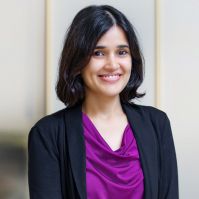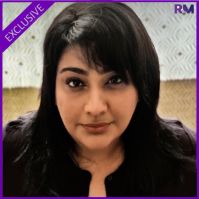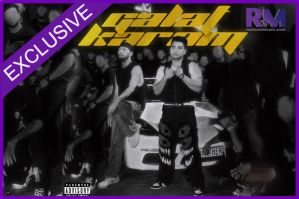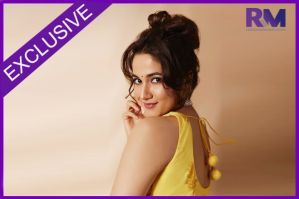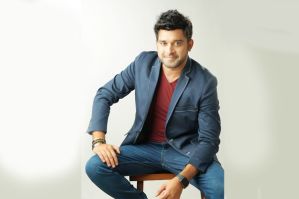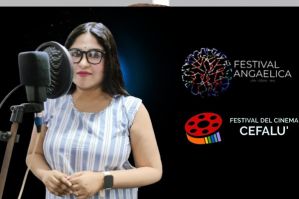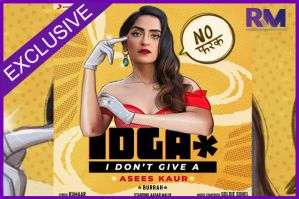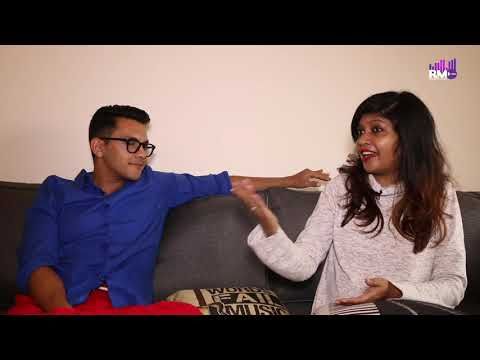Bickram Ghosh: "Tabla is an Everest amongst percussion instruments"

Acclaimed as one of India’s most talented Tabla exponents, Bickram Ghosh has taken his passion for the instrument beyond the confines of Indian Classical music to touch fusion and other genres.
Son of noted table player, Pandit Shankar Ghosh, from whom he learnt to play the Tabla, Ghosh reinterpreted musical styles and pushed the boundaries of the instrument and is now among the most innovative Tabla players in the world. Known to experiment with music and culture, his music is strongly influenced by thumri and khayal genres of the Patiala gharana. He dabbles in a vast repertoire of musical genres, from classical, rock, new-age, fusion to film music. He has collaborated with Sonu Nigam to compose the music for the film ‘Jal’ and has also scored music for many movies including the Mira Nair production, Little Zizou.
In a chat with Radioandmusic.com’s Zuala Chhangte, Ghosh speaks his latest album ‘Timeless Tabla’, collaborations with talented singer Sonu Nigam and his journey in the music world.
Excerpts:
What 'triggered' you to return to classical music for latest work- ‘Timeless Tabla’?
I had never gone away from classical music which is my core area and first love. I had taken a hiatus from heavy performance of classical music to concentrate on new age fusion which demanded full time attention. However, I have returned to the classical world with back to back performances. I am seriously juggling between Classical and fusion performances and film compositions ( Sonu Nigam and I have teamed up for films).
Tell us about your new album ‘Timeless Tabla’.
Many people who love my classical work have been telling me to release a recording of my live performances with the large variety of musicians I performed with. Like a mini anthology of my classical work-Timeless Tabla- is my way of addressing this demand. It has a range of my performances with Pt Ravi Shankar, Ustad Amjad Ali Khan, Pt Shivkumar Sharma , Pt Vishwa Mohan Bhatt and Pt Tarun Bhattacharya amongst others and Tabla solo excerpts as well. I have performed with almost all the great artists of this era and this album was long due.
What were the influences during making of this album- in terms of music and message?
The music showcases the variety of work that I did primarily in the 90s and early 2000s. I think the interesting part is how I use aspects of different gharanas of tabla playing to accompany different musicians. The solo work is primarily influenced by my father Pt Shankar Ghosh's amazing creations. The message is that - a Tabla player needs to have tremendous knowledge and ability to interpret different styles of music to appropriately perform with other instrumentalists. This is often overlooked.
How do you plan to promote the album? Are you using the social media and internet?
Social media and the internet are intrinsic parts of our lives today. Of course Timeless Tabla is being promoted by my management and publicists - Sony music - through new media like FB, Twitter etc.
Is it still a viable option to produce albums for physical music in today’s shrinking market?
It is very important to continue doing so though piracy has really affected the market. However the sales have been translated largely onto the net and download. Timeless Tabla may be downloaded easily from the Sony website.
Which are your upcoming Bollywood projects?
I am currently working on two films with Sonu Nigam- ‘Jal’ directed by Girish Malik and ‘Sooper Se Ooper (SSO)’ directed by Shekhar Ghosh. Jal has three songs and SSO has six songs. A range of singers from Shubha Mudgal to Mika Singh are singing for both the music albums. We are currently working on the background for Jal. Our sound is called ‘Muddy Electronic’ and we use our full names in credits - as ‘Sonu Nigam’ and ‘Bickram Ghosh’, not as Sonu-Bickram.
You had also played with the late George Harrison (of the Beatles). Can you share your experiences?
I played for George (Harrison) for the first time on the Pt Ravi Shankar directed, Harrison produced ‘Chants of India’ (1996). Even today people come and talk to me about that album. George gave me a lot of love and respect and when he invited me to perform for his (posthumously released, Grammy nominated) album ‘Brainwashed’, I was elated.
It was indeed a great honour to play for him and I remember spending the entire day with him in his house in Henley on Thames, recording in his Dark Horse studios, talking about a range of topics from Indian Classical music to John Lennon. George was deeply spiritual. He would affectionately call me "Prince of Tabla" behind my back. A mutual friend once told me this and I was touched. I can never forget his sadhu-like presence, calm and collected, smiling.
Any advice to young musicians in the Indian classical field, especially Tabla players?
In- depth learning, solid practice and a huge amount of sincerity are required to play the Tabla at a professional standard, let alone become a maestro. Please do not look for short cuts. This is one instrument which even VSTs (Virtual Studio Technology), and softwares have not been able to simulate. It is an Everest amongst percussion instruments.





